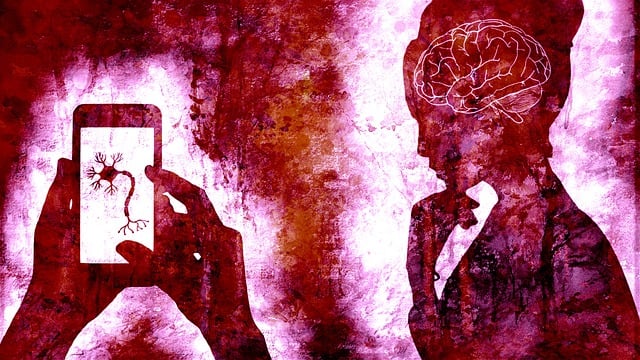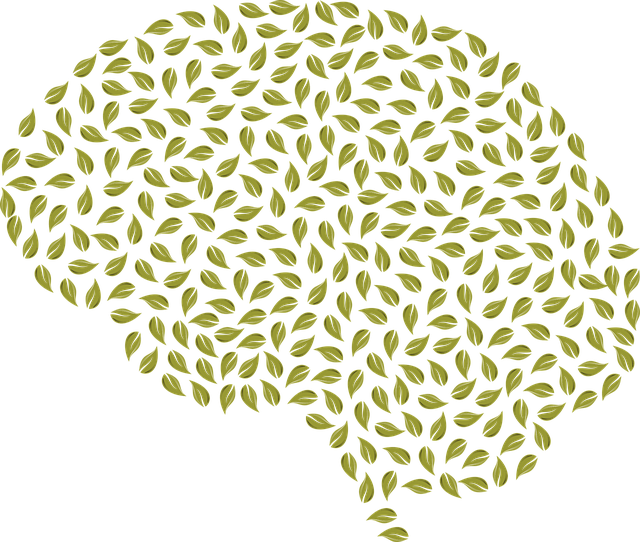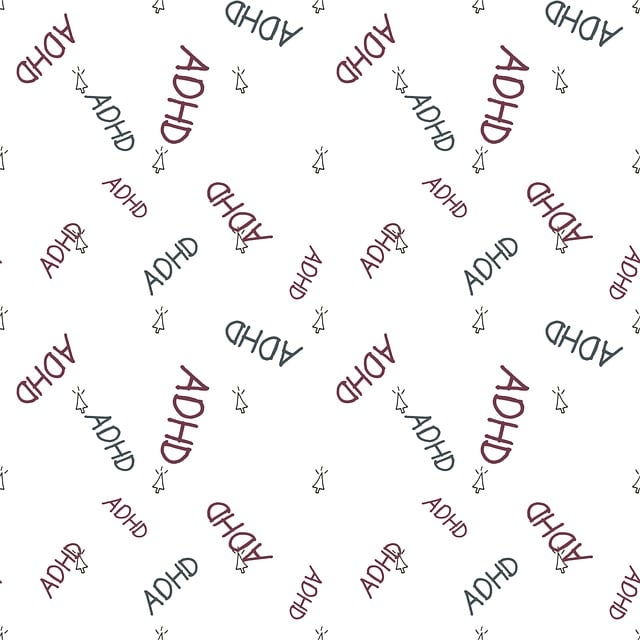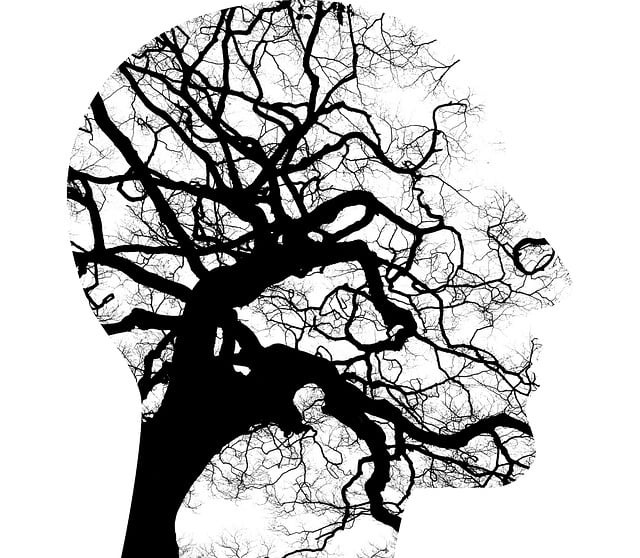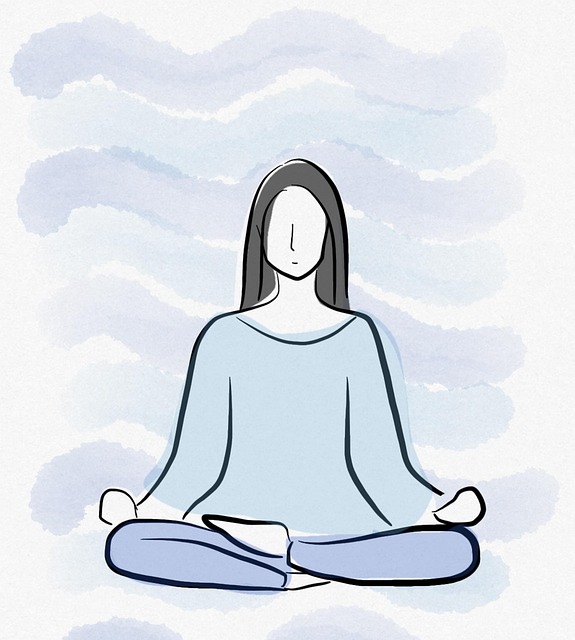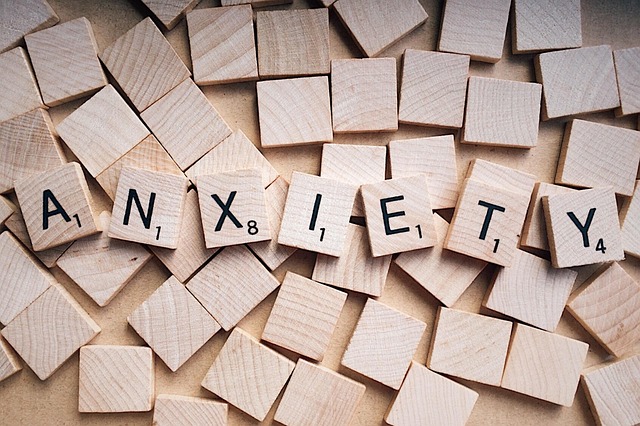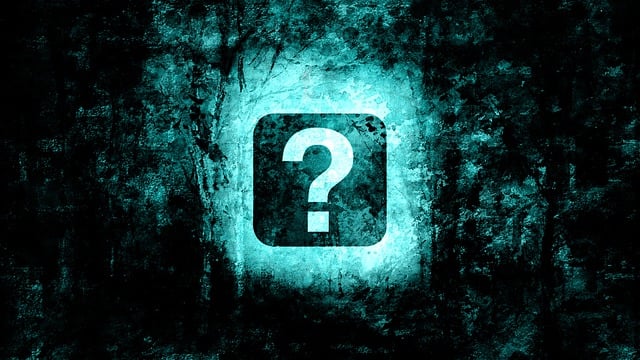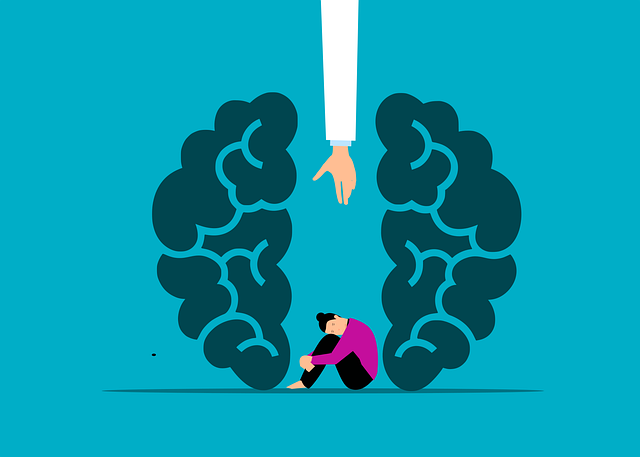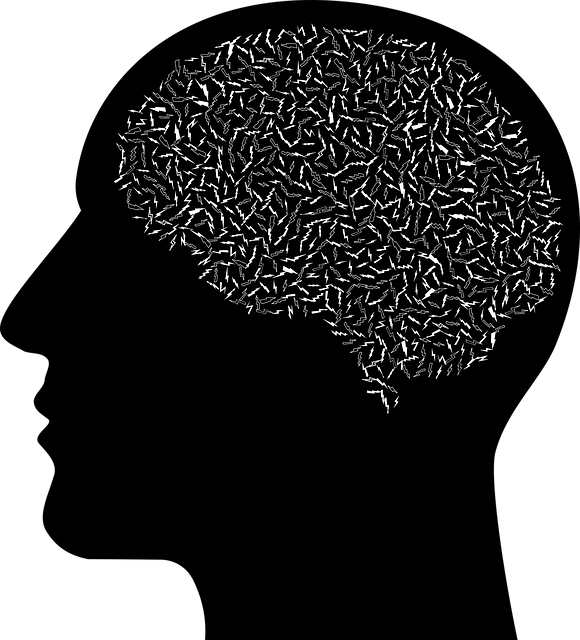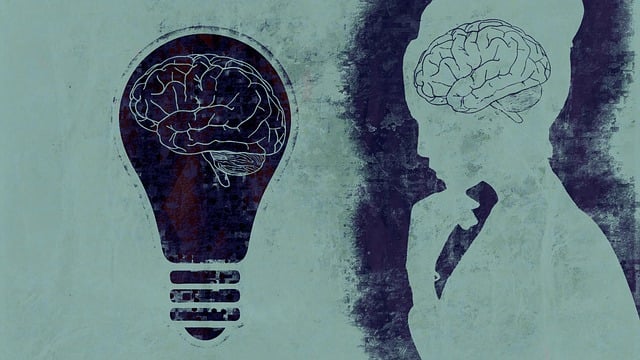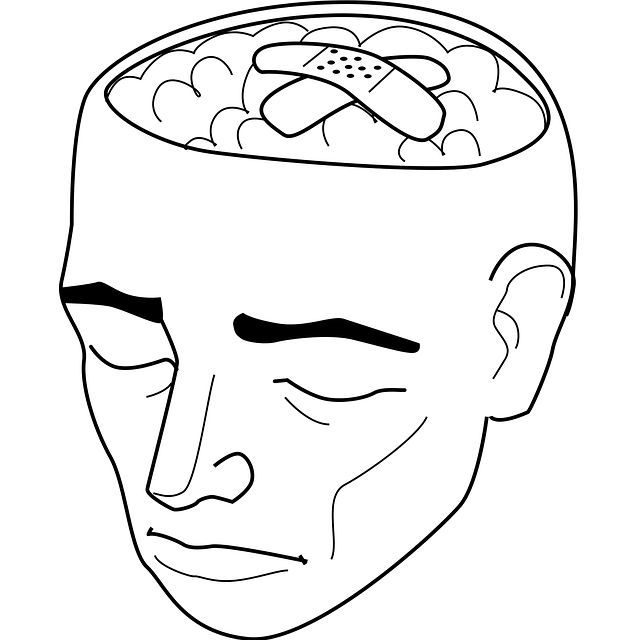Obsessive Compulsive Disorder (OCD) is a mental health challenge characterized by intrusive thoughts and repetitive behaviors managed through Cognitive Behavioral Therapy (CBT). Digital therapy apps for OCD should incorporate CBT, self-awareness exercises, personalized goal setting, and progress tracking. Key features include exposure and response prevention (ERP), community outreach, therapy sessions with evidence-based strategies, journaling, positive thinking exercises, coping skills development, and user-friendly interfaces. Regular feedback ensures content personalization and sustained engagement, ultimately offering effective therapy for Obsessive Compulsive Disorder.
Mental wellness app development is revolutionizing access to therapy, especially for conditions like Obsessive Compulsive Disorder (OCD). This article delves into the growing importance of digital solutions in addressing OCD and explores key features for effective treatment apps. We examine the impact of OCD on mental health and provide insights into designing successful digital therapy. From personalized interventions to evidence-based practices, discover how technology is transforming support for those living with OCD, offering hope and improved well-being.
- Understanding OCD and Its Impact on Mental Health
- Designing Effective Digital Therapy Solutions for OCD
- Key Features and Considerations for an OCD Treatment App
Understanding OCD and Its Impact on Mental Health

Obsessive Compulsive Disorder (OCD) is a mental health condition characterized by intrusive thoughts and repetitive behaviors that individuals feel compelled to perform. These obsessions and compulsions can significantly impact daily life, causing anxiety, distress, and even severe functional impairment. OCD often manifests as an uncomfortable tension between the desire to alleviate anxiety through ritualistic behavior and the recognition that these rituals are both irrational and unhelpful.
The disorder can take various forms, with common themes including excessive concern over contamination, symmetry, or doubt, leading to repetitive actions like handwashing, checking, or counting. Individuals struggling with OCD may experience a sense of relief temporarily from these compulsions but often find themselves caught in a cycle that worsens over time. Accessing appropriate therapy for Obsessive Compulsive Disorder, such as Cognitive Behavioral Therapy (CBT) specifically tailored for OCD, is crucial in helping individuals manage symptoms and improve their mental wellness. Effective treatment includes learning conflict resolution techniques to manage intrusive thoughts and gradually reducing the need for repetitive behaviors. Additionally, anxiety relief strategies can empower individuals to break free from the cycle of OCD, enhancing their overall well-being.
Designing Effective Digital Therapy Solutions for OCD

Designing digital therapy solutions for Obsessive Compulsive Disorder (OCD) requires a thoughtful and tailored approach to address this complex mental health challenge effectively. These apps must go beyond simply providing information about OCD and incorporate evidence-based practices, such as Cognitive Behavioral Therapy (CBT), to help users manage symptoms. Incorporating self-awareness exercises can empower individuals to recognize triggers and develop coping strategies, enhancing their sense of control over their condition.
Effective digital therapy for OCD should also prioritize user engagement through interactive features. This may include personalized goal setting, progress tracking, and communication strategies that foster connections with peers or therapists. A well-designed app could offer exposure and response prevention (ERP) techniques in a controlled digital environment, helping users gradually face their fears while learning to resist compulsions. Additionally, implementing community outreach program implementations within these apps can create supportive networks, reducing feelings of isolation and promoting peer support.
Key Features and Considerations for an OCD Treatment App

When developing an app for Obsessive Compulsive Disorder (OCD) treatment, several key features stand out as essential. Firstly, therapy sessions tailored to OCD should be central, offering evidence-based strategies like Exposure and Response Prevention (ERP). These sessions could include guided meditations and positive thinking exercises to help users challenge and change their thought patterns. Incorporating mental wellness journaling exercises can also empower individuals to track their progress, identify triggers, and reflect on successes.
Additionally, the app should provide coping skills development tools such as progressive muscle relaxation, deep breathing techniques, and mindfulness activities. User-friendly interfaces allowing for easy navigation and tracking of daily tasks are crucial. Regular feedback mechanisms can help tailor content to individual needs and ensure the app remains engaging over time.
The development of mental wellness apps, particularly those focusing on Therapy for Obsessive Compulsive Disorder (OCD), presents a promising avenue in the digital health landscape. By understanding the intricate nature of OCD and its impact on mental health, developers can create effective digital therapy solutions that offer accessible and tailored support. Key features such as personalized treatment plans, interactive exercises, and progress tracking are essential components to enhance user engagement and outcomes. With careful consideration of ethical guidelines and privacy, these apps have the potential to revolutionize access to care, making professional-level interventions more widely available and improving the lives of those struggling with OCD.
